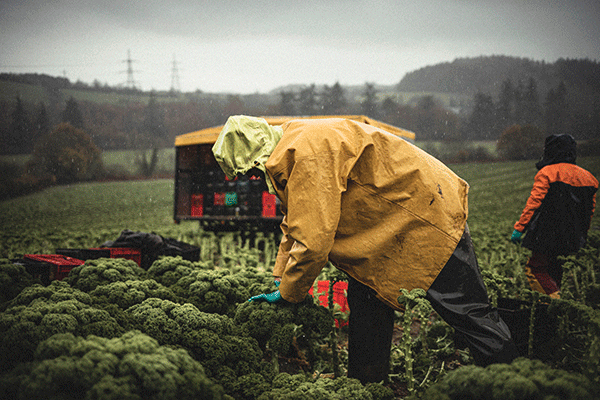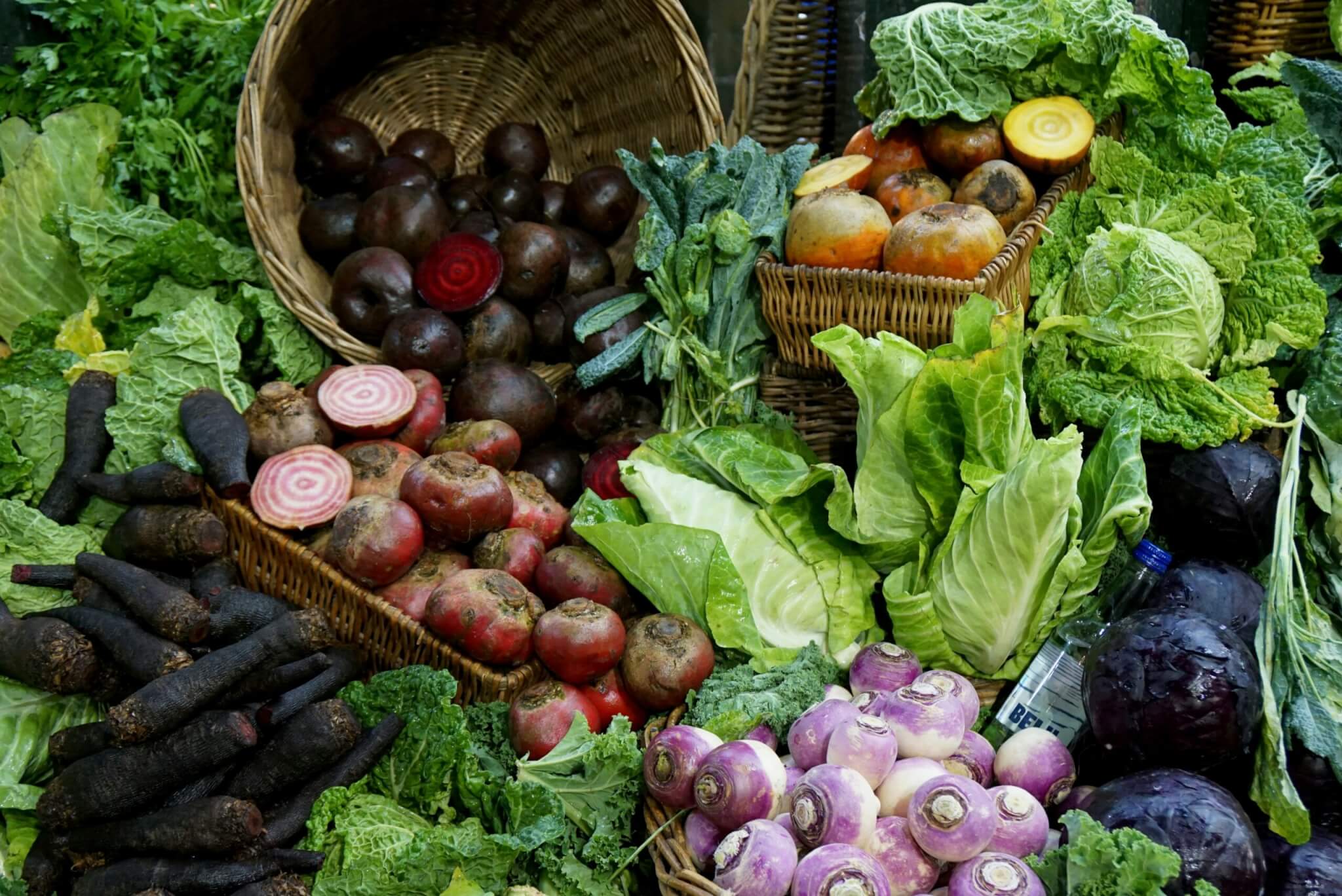Emotions and the social side of farming need to be considered in the transition to sustainable practices, according to speakers at Oxford Real Farming Conference.
Alongside regenerative practices like soil health and reducing chemicals, farmers also need a “regenerative mindset” to overcome social pressure, isolation and stress when changing from conventional methods, said the panel of experts.
“The social piece is hugely overlooked,” said Caroline Grindrod, co-founder of Wilderculture CIC, a social enterprise that supports livestock and upland farmers in their transition to regenerative practices.
“One thing I see underestimated all the time in the early transition is how much pressure and stress there is around shifting your mindset as well as your farming system,” highlighted Grindrod.
Financial incentives are not enough to encourage sustainable farming, according to Grindrod, and more emphasis should be put on understanding farmers’ motivations and values.
“Money is a poor substitute for passion,” said Grindrod. “It’s about trying to capture what are you passionate about, what’s going to get you up in the morning.”
“The rates of depression and suicide in farming are demonstrating that we need to give this much more consideration,” she continued. “Of course, traditional farmers really don’t like to talk about this. It’s touchy feely and no one thinks that it should matter. But it does matter.”

As sustainable farming is still in the minority, the panel highlighted that those making the shift come under scrutiny from traditional farmers and this adds to the sense of social isolation and stress.
See glossary for sustainable farming terms.
“To start with you’ve got so many people ready to tell you why it’s wrong and why it’s not going to work. You tend to go into your shell a bit,” said Clare Hill, director of regenerative farming at consultancy firm, FAI Farms who work with producers and food brands to address sustainability challenges.
Forming new communities with like-minded farmers can provide a support network and help foster resilience and counter the feelings of isolation.
“I’ve had to make new farming friends to talk to this stuff about,” said Hill. “I would have given up if I had carried on speaking to the people I spoke to before.”
“The more people we have in this movement, supporting each other and having these conversations, the easier it’s going to be on everyone,” Grindrod added. “Because it’s the most lonely and difficult thing when you’re the only one out there.”
Despite the challenges, Cumbrian farmer Claire Beaumont said that it is worth making the shift: “We are unquestionably happier, doing what we’re doing now.”












There seem s to be much confusion about regenerative and organic farming.
I have been an organic farmer for over 20 years and supplying Riverford for all that time.
Our farm is inspected by the Soil Association every year.
We have to comply with numerous regulations regarding non use of pesticides, herbicides, fertiliser and animal welfare. We are not allowed to use certain anthelminics which are harmful to insects and consequently affect soil fauna. We are allowed to cut our hedges a maximum of once in two years.
We have increased organic matter levels since we have been organic farming on a gras ley and vegetable system and the soil I should much easier to work.
We manage our farm for conservation as well as food production . We have seen 73 species of birds on our farm have encouraged meadow flora and have several rare fungi in old meadows. We have planted small woodland areas and hedges. Our farm is only 100 acres but we have 3 Kilometres of internal hedges.
Regenerative agriculture is totally unregulated.
We should be recognising the good work organic farmers have been doing for many years.
Unfortunately there has been no mention of Organic Farming in the new government incentives for farmers, although there is a proposal for some support in future.
Great that you have been leading the way by farming organically for over two decades. Organic certification is indeed rigorously undertaken, so consumers can be completely sure of how food was grown or reared.
Organic farming is growing but still only accounts for less than three per cent of farmland in the UK. There’s clearly a need to transform the majority of agriculture. From your experience and discussions within the farming community, what do you think of the government proposals for some support in future and what would you like to see happen as a way forward?
I am unsure about the two terms ‘organic’ and ‘regenerative’. it seems to me you are doing absolutely the right thing. will you, as an organic farmer, receive subsidies to support your good work? i would find it helpful if the two terms were defined. what are the differences? can you be a regenerative farmer and still use pesticides? i am not sure about the rightness of paying farmers for planting trees for example. surely financial help should be offered to farmers like yourself who understand the whole picture, ie integrating tree planting,l hedges, crops, livestock on the farm so the maximum food is obtained at the same time as looking after the land and the environment in general.
We tried to untangle these different concepts between regenerative, organic and agroecological farming:
https://wickedleeks.riverford.co.uk/features/organics-climate-change-biodiversity-environment-ethics-fairtrade/what-next-organic
And Table Debates have visualised the different forms of agriculture, showing how they differ and are similar, which is very helpful:
https://tabledebates.org/publication/regenerative-agriculture-organic-agroecology/visual
But ultimately they have lots of overlapping principles and ideas, but subtle differences. I would say that a regenerative farmer has lots of the same principles as organic farming but does not have certification proving so. Is this dangerous, possibly.
But for the time being it’s a farmer led, inclusive movement, inspiring conventional farmers to adopt sustainable practices gradually without the financial burden of changing their whole business model.
Equally, the idea of organic for many farmers can be off-putting since the organic industry have been quite critical of the conventional sector (for good reason arguably) but it’s understandable that they might not want to join forces. So regenerative farming seems to be a good middle ground that all farmers can get behind.
Jack
Regenerative farming maybe unregulated but is that a problem? it is leading to a lot of innovation and conventional farmers are moving towards organic farming like never before, its not as if they are getting paid better for what they are doing, there is is a huge mindset change going on within the farming community, lets embrace it and encourage.